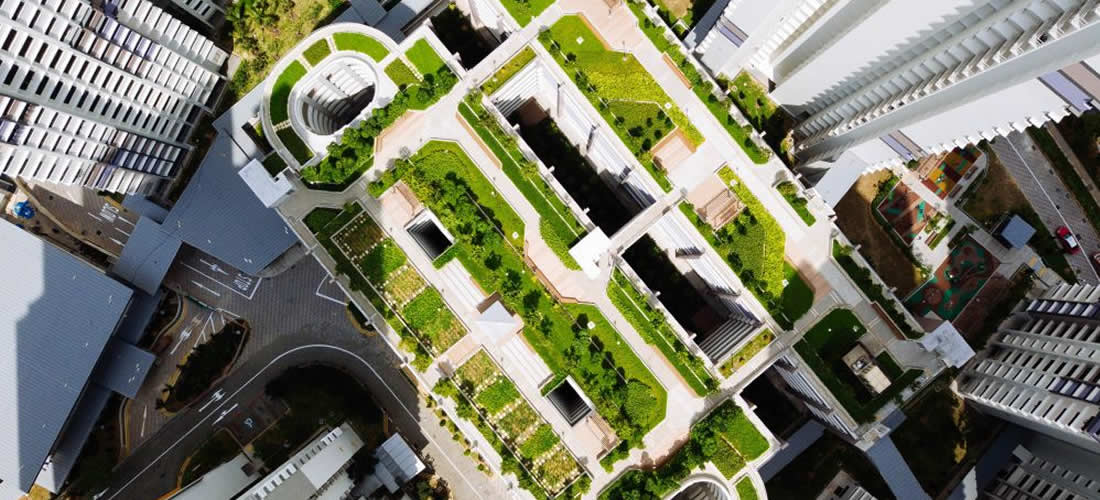Ahead of COP26, the WorldGBC has expanded the Net Zero Carbon Buildings Commitment with new requirements for property and construction firms to reduce carbon emissions.
Requirements for the Net Zero Carbon Buildings Commitment, instilled from 2023, include only constructing highly efficient buildings powered by renewables, with maximum reductions in emissions where possible.
WorldGBC’s Whole Life Carbon Vision drives total decarbonisation by 2050 with a reduction-first approach with best practice principles prioritising the reduction of energy consumption and the use of renewable energy.
In addition to the Commitment update, WorldGBC has published guidance for how the building sector should compensate for its total carbon impacts, with Advancing Net Zero Whole Life Carbon: Offsetting Residual Emissions from the Building and Construction Sector.
The guidance document promotes best practice carbon offsetting to drive positive systemic change in the built environment by prioritising emissions reduction, compensating for residual emissions, and investing in offsets that store carbon and provide tangible benefits.
Constructed buildings produce 40% of global carbon emissions, and the materials and construction processes account for 10% of these emissions.
With improved energy efficiency and renewable energy, the carbon emissions from the energy used to heat, cool, light and power buildings will be reduced.
In order to achieve the Paris Agreement, The #BuildingToCOP26 Coalition has called for building emissions to be halved by 2030 and to reach net zero emissions for all buildings by 2050.
Cristina Gamboa, CEO of the World Green Building Council, said: “The update to the WorldGBC’s Net Zero Carbon Buildings Commitment elevates the ambition for the building and construction sector to go further and faster to decarbonise.”
“It sets a target for compensating for emissions associated with buildings and construction, and the tangible social and environmental co-benefits of this approach creates a powerful catalyst towards achieving the Paris Agreement goals and the Sustainable Development Goals.”
Nigel Topping, COP26 High Level Climate Action Champion, said: “With the buildings sector accounting for 40% of global emissions and 50% of resource consumption, the need for urgent action is critical.”
Source: www.climateaction.org
 Cs
Cs